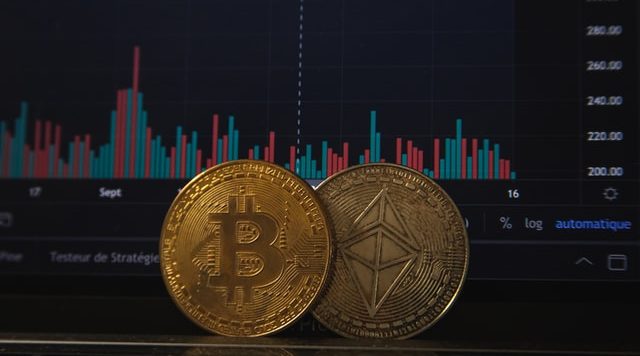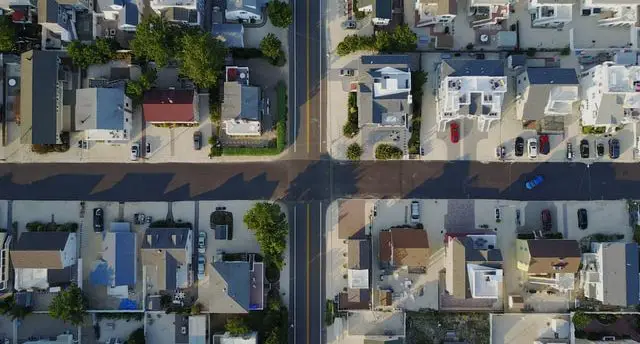While browsing through the news, you have most likely heard of Bitcoin and other cryptocurrencies. Probably, you have also heard of the technology that enables these virtual, decentralized currencies which is called Blockchain. But not only for the financial sector it can be a possible solution, but also for others such as healthcare, manufacturing, transportation and even real estate.
How Does Blockchain Impact the Real Estate Industry?
Blockchain has certain features that can have an impact on the real estate industry, including the decentralized ledger, peer-to-peer transactions, and the possibility to create automated, embedded programs. These characteristics allow creating smart tenant contracts, p2p marketplaces, and the process of tokenization. Furthermore, blockchain can increase the liquidity of real estate investments, improve land title issuance and increase data security.
What Is Blockchain?
In order to fully understand the impact on the real estate industry and the use cases, it is crucial to know how blockchain technology works.
Blockchain is a decentralized ledger that allows fully peer-to-peer transactions. In order to successfully complete one of these transactions, every user of the blockchain has to approve its authenticity.
As a result, there are no central authorities (such as banks or real estate agents) needed in order to send money or information from one person to another. In addition, there is no possibility for fraudulent transactions, as every new block in the blockchain has to be approved by everyone in the network.

What are Blockchain Use Cases for the Real Estate Industry?
The impact of blockchain on the real estate industry is potentially very large as it can solve some of the major problems that exist in the industry. We will now take a look at the most promising solutions that exist in 2023.
Tokenization
One problem of real estate investment is, that this asset class is very illiquid – Meaning, it can’t be traded easily or fast. Transactions can take up to many months, especially when trading commercial buildings.
One way to solve this issue is by using a process called “Tokenization”. By using smart contracts, parts of the value of a building can be transformed into tokens. These can then be sent easily on secondary markets from one person to another, including all the ownership rights. One token can have the value of, for example, one m² or 1% of the estimated value of the object.
Not only does this allow to trade real estate faster and easily between two parties, but it also gives investors with a smaller budget the chance to enter the market.
Marketplaces
Real estate marketplaces are already existing in a wide variety and many investors rely on them to find and sell their properties. With the use of blockchain, the third parties involved such as agents or notaries, can be left out and thus decrease the transaction costs.
Land Titles
In some countries, the issuance of land titles is a big problem. Because of very basic systems and criminal activities, the owner of a plot might not be able to be identified, or someone else has claimed the ownership wrongfully.
Thanks to blockchain, once the land title is embedded into the chain, it cannot be modified without all parties agreeing. This helps to assure that the owner of the land is always clearly identified.

Smart Contracts
Smart Contracts are a big topic for blockchain in general and can be used in many industries but also in real estate. As already seen in tokenization, they allow the transfer of ownership and also automated clauses that are embedded in the contract.
For rental contracts, they can automatically deduct the rent or punish the tenant in case of any breach of the contract. Therefore it is safer to control and update the agreements between landlord and tenant.
Data Security
Especially with the rise of big data and smart cities, data security is becoming very important. In addition, a fast network needs to be available to help IoT systems and smart buildings.
Blockchain can help to improve the security of data by using the decentralized database for p2p transactions of information. This is nearly the same principle as paying with Bitcoin, just that not a currency is sent, but data regarding buildings.
Conclusion
The hype around Bitcoin has also increased the popularity of the technology behind it – Blockchain. But not only for financial services, it can be useful, but also for many others. Blockchain’s impact on the real estate industry is potentially very high. From faster transactions and fever costs to increased data security and better rental contracts, blockchain can benefit real estate to a great extend.
If you want to learn more about smart cities and sustainable real estate, feel free to take a look at our other blog articles.

